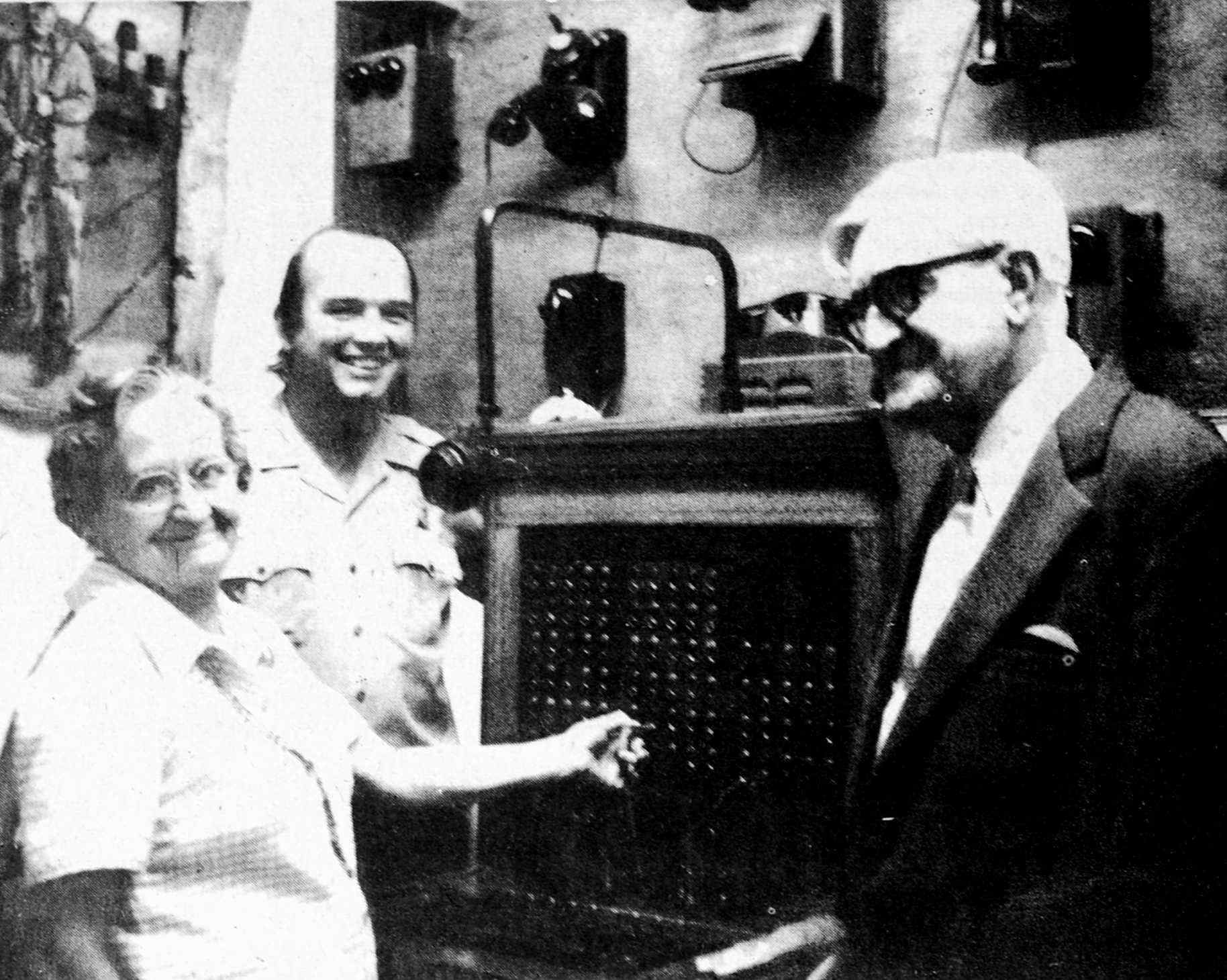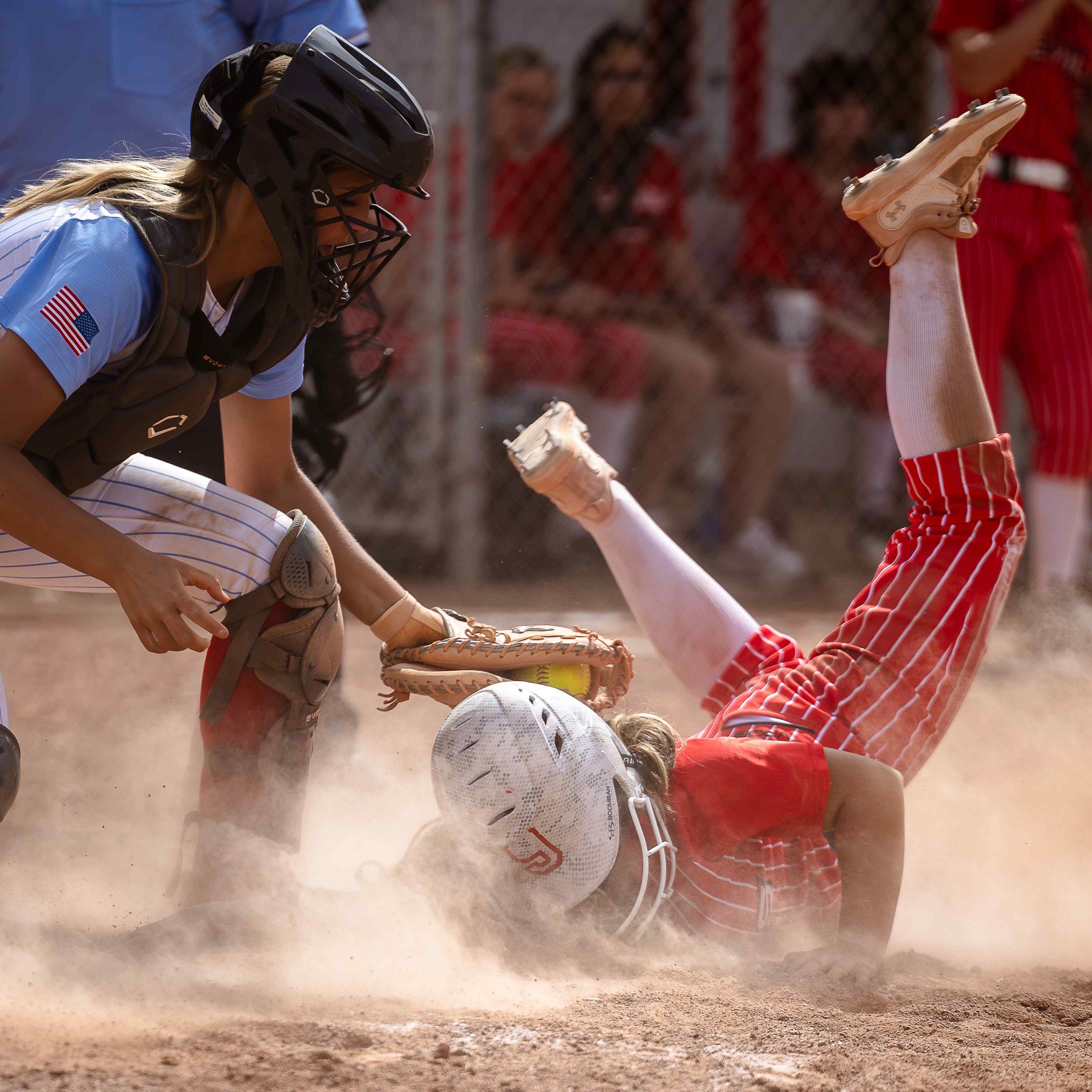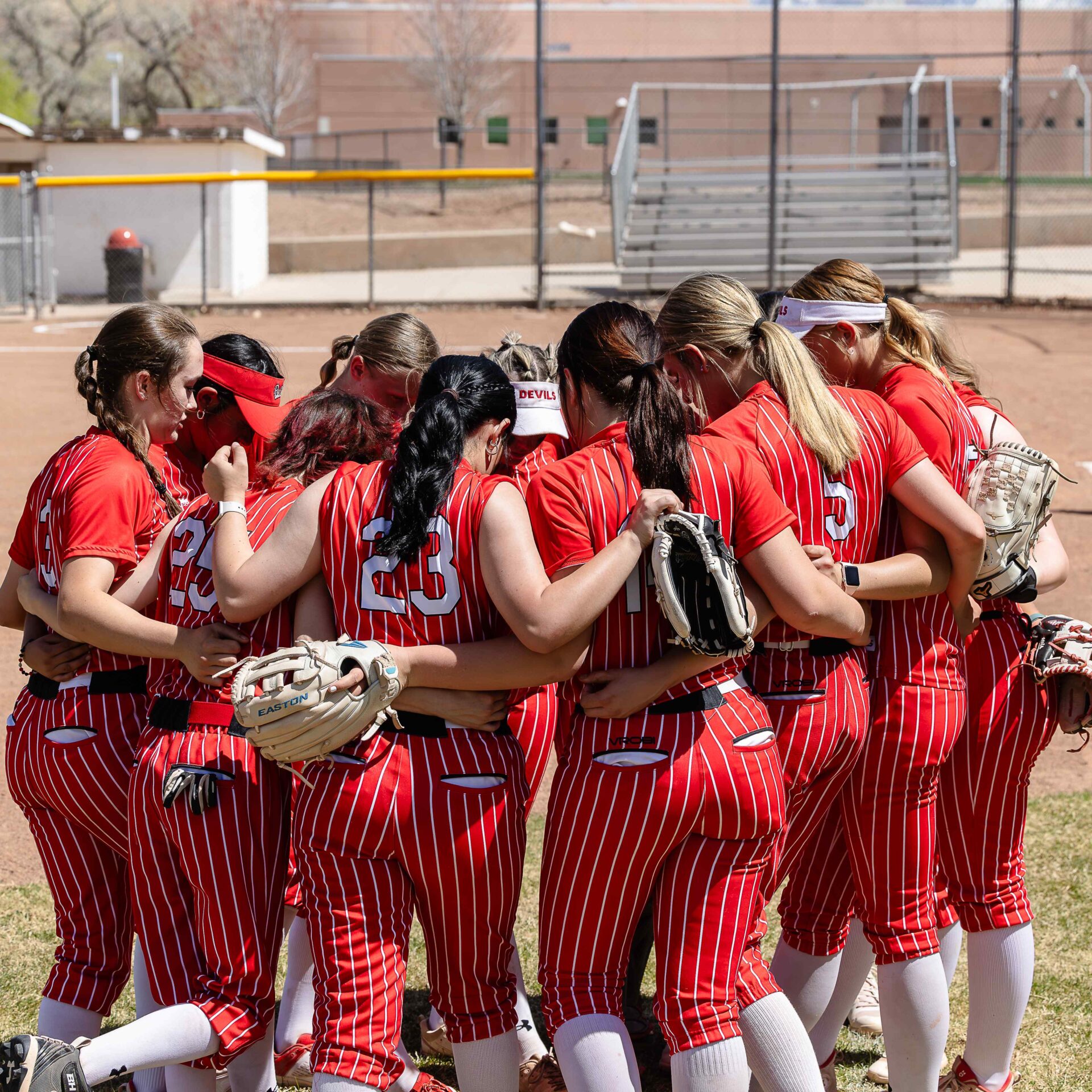If President Barack Obama wants to read “Where the Wild Things Are” without the distraction of panicked children screaming around him, he could find a receptive audience at the bee-loving Moab Charter School.
And if he needs a pollinator-friendly place to spend the night, he couldn’t hope for a better place than Moab’s Aarchway Inn.
Both sites are among the latest partners to join the Bee Inspired Garden Initiative, a growing effort to promote and expand local garden habitat for bees, birds, butterflies and other pollinators.
Along with more and more local residents, the president and First Lady Michelle Obama have taken a keen interest in bees, setting up their own pollinator garden on the South Lawn of the White House.
When a couple of errant bees made their way from the South Lawn to the area where the president read from Maurice Sendak’s classic on Easter Sunday, he turned their arrival into a teachable moment, reminding a group of kids that “bees are good.” But the apiaphobic – or bee-fearing – kids were too busy freaking out to hear his calm assurances, according to reports from Washington’s press corps.
Moab’s Bee Inspired project began to much less drama, or fanfare, on a drizzly spring day almost one year ago. Five hardy souls transformed a bare slope at Rotary Park into a garden replete with honeysuckle, evening primroses, Rocky Mountain penstemon and other plants that pollinators love.
Over time, that small-scale effort has expanded, as Utah State University-Moab students Claire Core, Ali Reese and Ruby Woodruff have built on efforts by USU-Moab intern Jeremy Lynch and others.
“It has continued to expand as more people hear about it,” Core said.
Private consultations are now available to residents and others who want to do their part to help Grand County’s pollinator populations thrive, and Core said that interest has grown beyond the gardeners, birdwatchers and beekeepers at the heart of the initiative.
“I think it appeals to a lot of people because it has a lot of different aspects to it,” she said.
One aspect is crucial to anyone who values the food they put on their tables.
Pollinators are essential to the agricultural industry; without them, supermarket shelves and bins would be bereft of almonds, as well as many fruits and more than 90 other valuable crops that shoppers may take for granted.
By the White House’s estimates, pollinators add more than $24 billion in value to the U.S. economy every year; honey bees alone contribute at least $15 billion.
Yet honey bees, bats and Monarch butterflies – among other pollinators – face numerous threats, from habitat destruction and the improper usage of insecticides and herbicides to parasites and disease.
Core believes that local residents have an opportunity to strengthen local populations.
“We’re in a unique position with our isolation here in Moab, because we have a chance to build a really strong, healthy honey bee population,” she said.
The Aarchway Inn is just the latest entity to join those efforts. On Saturday, April 18, it will be hosting a free garden-planting event. The public is encouraged to join gardeners at the inn’s pavilion area, which often hosts live music and other free events that are open to the Aarchway’s guests and local residents alike.
Aarchway Inn assistant manager Devin Soli said the idea for the new garden came about after his business invited USU-Moab Assistant Professor Roslynn Brain to look around the site.
“From there, it just kind of grew into this project,” he said.
As far as Soli knows, the Aarchway project will be one of the first pollinator gardens on commercial property in Moab.
“It’s all pretty new to me,” he said.
Soli thinks of himself as more of a “Rain Bird guy,” but he said he’s eager to learn more about pollinators, as well as sustainable and self-sufficient permaculture gardening. He’s hoping that the Aarchway’s guests will be drawn to those concepts, as well.
“It’s an awesome opportunity for our guests to get involved in the same thing,” Soli said.
The event at the Aarchway follows a similar day of gardening work at the Moab Charter School on Saturday, April 11.
According to Core, organizers used money from WabiSabi’s Make a Difference fund to buy plants and materials for the school’s garden project. They raised additional funding for the garden during a Pollinator Party at the Moab Arts and Recreation Center, and on Tuesday, May 19, Moonflower Community Cooperative will donate 5 percent of its proceeds to the school’s garden.
Moab Charter School Principal Emma Weiss said that she and her students are excited by all of the work that’s been done to date.
“The ladies from USU that are helping us are doing an amazing job,” Weiss said.
Staffers at the charter school have also been working the garden into their curriculum.
“The teachers have done a really nice job of working with the students explaining what pollinator gardens are,” Weiss said.
If anyone missed out on either gardening project, they’ll still have a chance to join in on the second phase of Utah State University-Moab’s garden project on Saturday, April 25, from 9 a.m. to 3 p.m.
Lynch will be holding the workshop in partnership with the City of Moab’s annual tree-planting ceremony. In addition to gardening work, the workshop will include a lecture and discussion on a variety of topics, including tips on fruit tree care and ways to combine native and desirable plants that help pollinators.
Bee Inspired gardens take root at charter school, Aarchway Inn
“We’re in a unique position with our isolation here in Moab, because we have a chance to build a really strong, healthy honey bee population.”
When: Saturday, April 18 at 9:30 a.m.
Where: Aarchway Inn, 1551 N. U.S. Highway 191
Cost: Free
When: Saturday, April 25, 9 a.m. to 3 p.m.
Where: Utah State University-Moab
Cost: Free
For more information, go to beeinspired.usu.edu. You can also contact Claire Core at claire.e.core@gmail.com, or Jeremy Lynch at jeremyelliotlynch@gmail.com.




